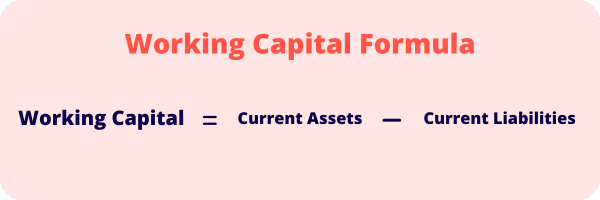Capital is an umbrella term that refers to assets that provide value to a business or individual. In business, capital is commonly associated with money used for economic growth within a business’s operations.
Types of capital
There are various forms of capital in the context of running a business. It is also worth noting that while capital is a broad term, its value comes with a cost and is tied, among other things, to the double-entry accounting system.
Capital assets
Capital assets are generally long-held assets that a business can use to generate profit. Capital assets are usually long-term investments and are not intended for resale as part of your regular business operations.
Examples of capital assets include:
- intellectual property
- machinery
- inventory
- storage facilities
- vehicles
Debt capital
Debt capital refers to gaining capital assets through borrowing. This is a common source of funds for businesses to acquire capital. For example, a company takes out a loan from a bank or lending financial institution for business purposes: that loan is debt capital. Even small businesses using a credit card is an everyday activity that involves debt capital.
Another example of debt capital is the issuance of bonds to raise capital. In your balance sheet, debt capital has a corresponding debt liability.
Equity capital
Equity capital serves as a revenue-raising activity through the sale of shares and stocks of the business/company. This is common for both private and public equity capital; the primary difference between the two is that private equity capital is typically raised through a closed group of investors, whereas public equity is raised by listing a company’s shares on a stock exchange.
Working capital
Working capital refers to the money or liquid capital assets needed for a business’s daily operations. To calculate a business’s working capital, you can subtract your current liabilities from your current assets, or you can subtract your accounts payable from accounts receivable and inventory.

Trading capital
Trading capital is a common feature in trading markets that involve investments and securities. Individuals or companies are allocated trading capital to buy and sell on various exchanges.
Capital for small business
Capital is essential for businesses in how they operate and how they grow. Without the financial resources that capital provides, such as the ability to invest in other assets and finance daily activities, businesses will struggle to continue.
See related terms
What does accrued mean?
What is a ledger?
What is working capital?
What are fixed assets?


















































